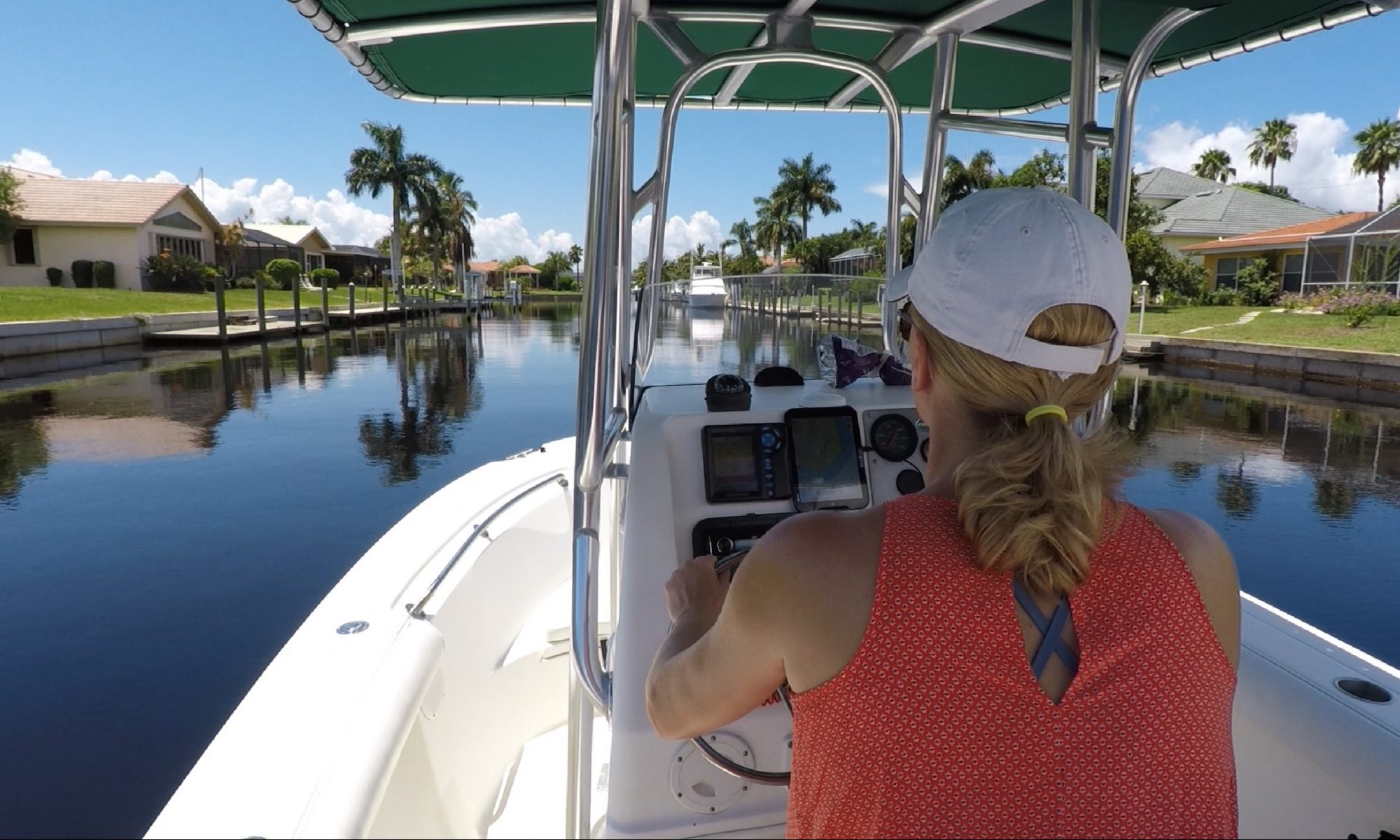The Lake Okeechobee Hurricane, also known as the San Felipe Segundo Hurricane, was a devastating natural disaster that struck South Florida in September 1928. This cat 5 storm caused widespread destruction and loss of life, becoming one of the deadliest hurricanes in United States history.
The hurricane formed in the Atlantic Ocean on September 6, 1928, and quickly gained strength as it approached the Caribbean. On September 16, it struck Puerto Rico, causing significant damage before moving toward Florida. On September 17, the hurricane made landfall near Palm Beach, Florida, with winds reaching an estimated max of 160 miles per hour.
The impact of the Lake Okeechobee Hurricane was particularly severe due to the region’s geography. The hurricane’s eye passed directly over Lake Okeechobee, a large freshwater lake in southern Florida, causing a storm surge that swamped the lake’s dikes. The resulting flooding swept across the surrounding countryside, destroying homes and killing thousands of people.
The exact number of fatalities is not known, but estimates range from 2,500 to over 6,000 people. The majority of those who died were migrant farm workers who lived in shantytowns near the lake and were unable to evacuate in time. The storm also caused significant economic damage, destroying crops, livestock, and infrastructure in the affected areas.
In the aftermath of the hurricane, the United States government and local communities came together to provide relief and recovery efforts. The Army Corps of Engineers was tasked with rebuilding the damaged dikes around Lake Okeechobee, and the Red Cross and other organizations provided support and resources to those affected by the storm.
The Lake Okeechobee Hurricane remains a significant event in Florida’s history, serving as a reminder of the destructive power of hurricanes and the importance of preparedness and mitigation efforts. The storm remains a historical reminder of the need for preparedness and the importance of taking action to reduce the impact of future hurricanes.
